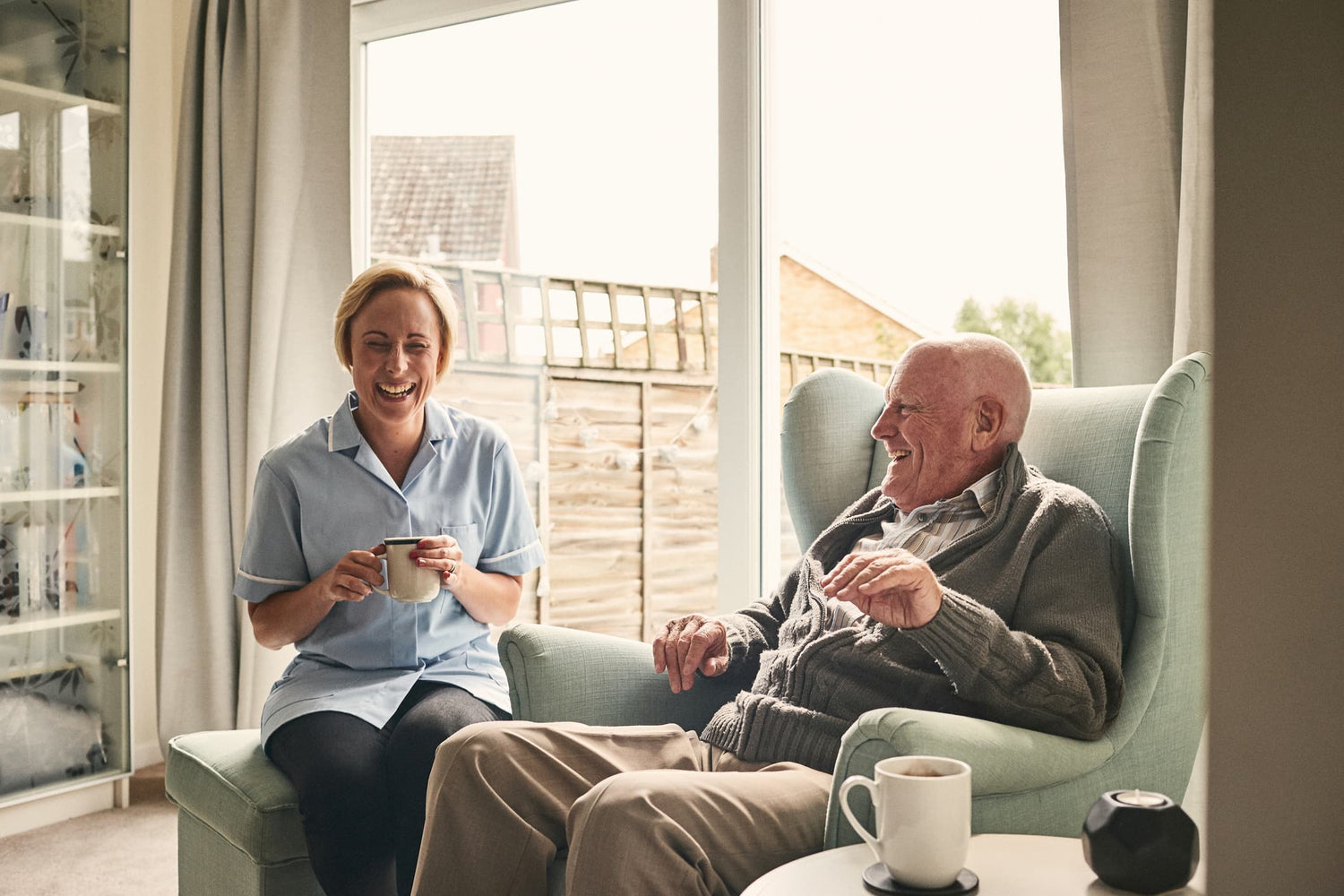Explore our collection of informative and educational blog posts to stay updated on the latest industry trends and expert advice.
Australians Shy Away From Virtual AI Psychology Initiative

The field of Virtual Psychology has grown to include therapy via teleconferencing as well as instant-messaging counselling services which are responded to by qualified counsellors. AI Virtual Psychology goes one step further and uses Artificial Intelligence chat bots to perform cognitive analysis of patients through programmed algorithms and sophisticated learning technologies. Some of the most advanced AI chat bots are being used in Australian professional services organisations in various sectors such as banking, engineering and customer service.
“Good psychotherapy is based on the therapeutic relationship between the psychologist and the patient. The best way to build this very special and precious relationship is to establish trust in person face-to-face.”
“Electronics are inherently one step removed. There is a distance that does not facilitate the therapist reading all of the subtle cues in body language, facial expressions and tone of voice. All of these subtle nuances are better seen, experienced, and dealt with face-to-face in the psychotherapy office.”
Psychotherapist and Author of the The Self-Aware Parent, Dr Fran Walfish
Open Colleges survey found that factors like gender and location had a measurable impact on responses.
Location really does matter
Although the responses to the idea of a virtual psychologist (VP) were negatively-skewed across Australia, state-specific feedback varied more widely, which could suggest differing levels of skepticism around issues of data collection and usage. Tasmania and South Australia returned the most tech-positive reactions of the states (15.83%), while responses from the Northern Territory (100%), the ACT (92.5%) and Queensland (88.7%) were more negative.
Director with Associated Counsellors & Psychologists Sydney, Dan Auerbach says cultural norms and group preferences may have impacted these results:
“As a collective we come to learn and expect certain behaviours and standards which we feel demonstrate our values. Such standards or group preferences can certainly develop on a National basis and…also along state lines. People develop cultural norms in order to develop greater group affinity and safety with one another. Certain groups may feel that an openness to new technology represents belonging, where another group may demonstrate belonging by strongly holding to close personal relationships.”
Age is just a number
Survey responses showed Baby Boomers, Generation X, and Generation Y held very similar views on the notion of engaging a virtual psychologist. 12.41% of Gen X respondents said they would be open to using the service, a sentiment shared by 12.31% of Boomers and 11.68% of Gen Y. This suggests that Gen Y’s data-related cautiousness and skepticism could be impacting their willingness to participate in similar tech-based services.
Men are more receptive than women
As a general rule, men (13%) show less resistance to the notion of VPs than women (10.7%), a finding which could relate to women’s biological need for interpersonal communication. Of all the demographics surveyed, male boomers were found to be most receptive to the use of VPs at a rate of 13.9%.
Embracing Partnership relationship coach, Elissa Lippett says:
“As the warrior/hunter, men naturally don’t reveal any weaknesses – things like going to the doctor, expressing sadness, or experiences of depression – as [doing so would leave] them vulnerable and at the mercy of others. There is too much at stake for that – the survival of their loved ones and tribe. Women, on the other hand, need to fit in as part of a group, and conversing to find commonalities [with others] makes them feel safe.”
What does this mean for the fields of Counselling and Mental Health?
While the industry is not set for radical change in the imminent future, the frameworks and techniques will remain fundamental. The outlook for graduates of Community Services courses is strong with the demand for practitioners in community organisations growing by 5.5% over the last 5 years. A qualification in counselling or mental health will not only give you core skills, but the ability to adapt and become more agile in the age of complex technological advancement:
Methodology
This study was conducted online between 26 February 2019 and 1 March 2019
The total sample was 1457 distributed throughout Australia, as follows:
- 18-34 – 411
- 35-54 – 435
- 55+ – 260
-
Unknown – 351
- Male – 614
- Female – 552
- Unknown – 291
Upon completion of the survey, the data was weighted by age, gender and geographic averages to accurately reflect Australian population estimates.








